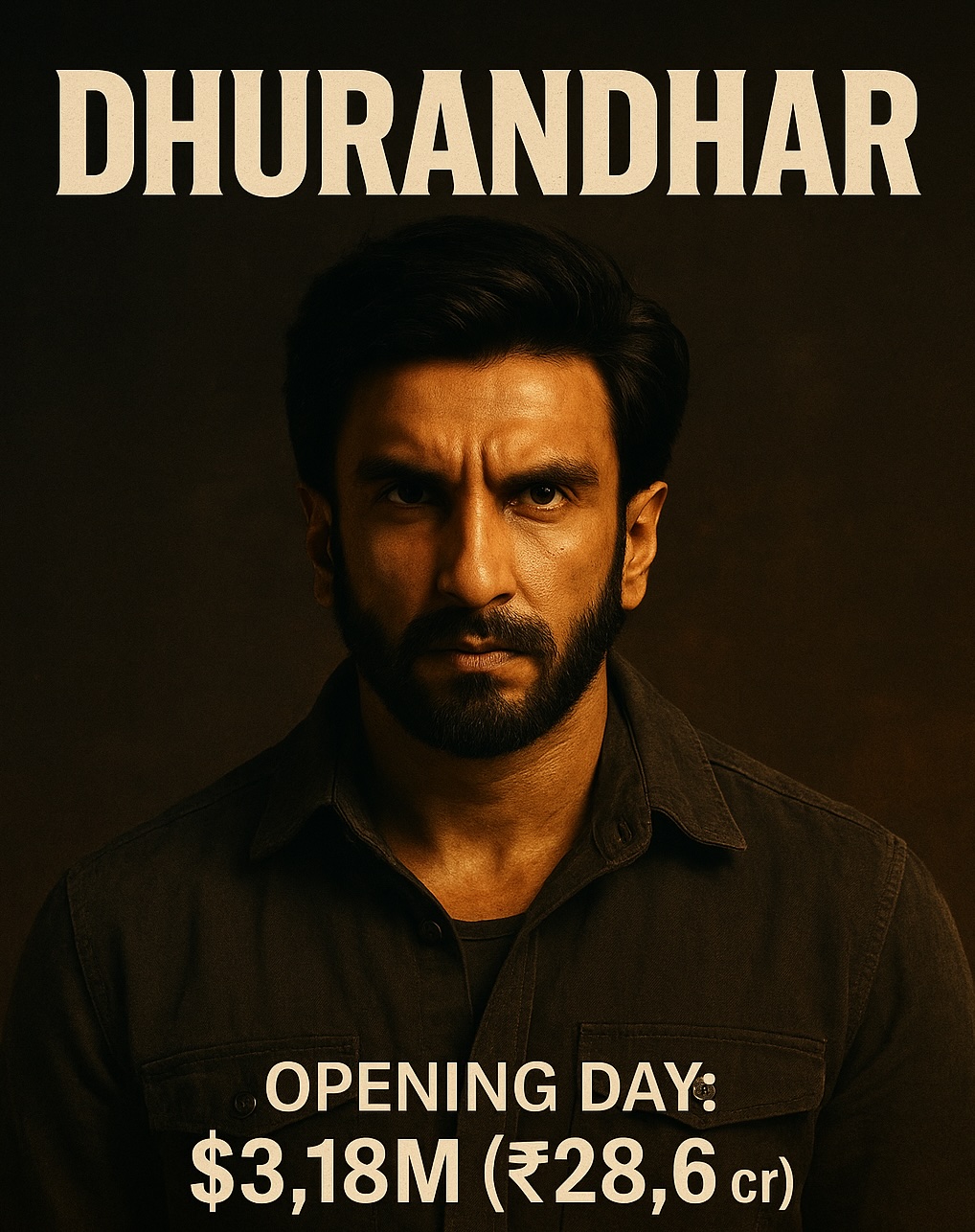MUMBAI: In a career spanning more than two decades Feroz Abbas Khan has directed the finest acting talent in theatre. His English theater production Mahatma v/s Gandhi (an adaptation of Gangotri book) created a sensation wherever it was screened.
The umpteen screenings of the play across India and the world improved Khan’s familiarity with the life of Gandhi, so much so that when he decided to embark on his first feature film he chose to stick to what he knows best – Gandhi and the result was Gandhi My Father.
The movie is scheduled to release on 3 August and is produced by Anil Kapoor Films Company.
However, the film is unlike the play. Khan says, “It’s the same story, but one has its theatrical expression and other has its cinematic expression. The film is what I believe as a relation, but the play was what a playwright had already made and given. The movie has many other factual details and evaluations and a theme that makes it contemporary for the audience to relate to.”
Elaborating further on the film Khan adds, “The theme of the film is aspirations and expectations of children and the principles and limitations of parents. With all this flows the story of a son who in search of his own identity and was caught in the wrong time in history and landed up becoming a beggar and Gandhi landed up becoming a Mahatma.”
While Boman Irani essayed the character of Gandhiji in the play, Darshan Jariwala has played the part in the film. Khan elaborates, “We do know Ganghiji in a certain way and associate him with certain physicality and body size, so Boman by his sheer size had to be eliminated. Otherwise I would loved to make him a part. On the other hand theatre is a suggestive medium and the audience understands that he is only playing a role and is not the man. But in cinema the idea of Gandhiji is visually so ingrained that it cannot be destroyed or else it will harm the film.”
Khan feels that despite so many films having been made on Gandhi, Gandhi My Father has a story that hasn’t been told so far. “We saw the political Gandhi in Richard Attenborough’s film Gandhi, the social Gandhi in Lage Raho Munnabhai, but there is a family Gandhi missing. If we put that also together, we will get a more comprehensive view.”
In Lage Raho Munnabhai, Gandhiji’s projection made Gandhigiri a phenomenon. But his projection in Gandhi My Father is different. So how is that going to affect the film? Khan says, “Gandhigiri is only going to help my film. Lage Raho Munnabhai has made Gandhiji more popular and relevant.”
The film also stars Akshaye Khanna and Shefali Shah essaying the roles of Harilal and Kasturba respectively.




